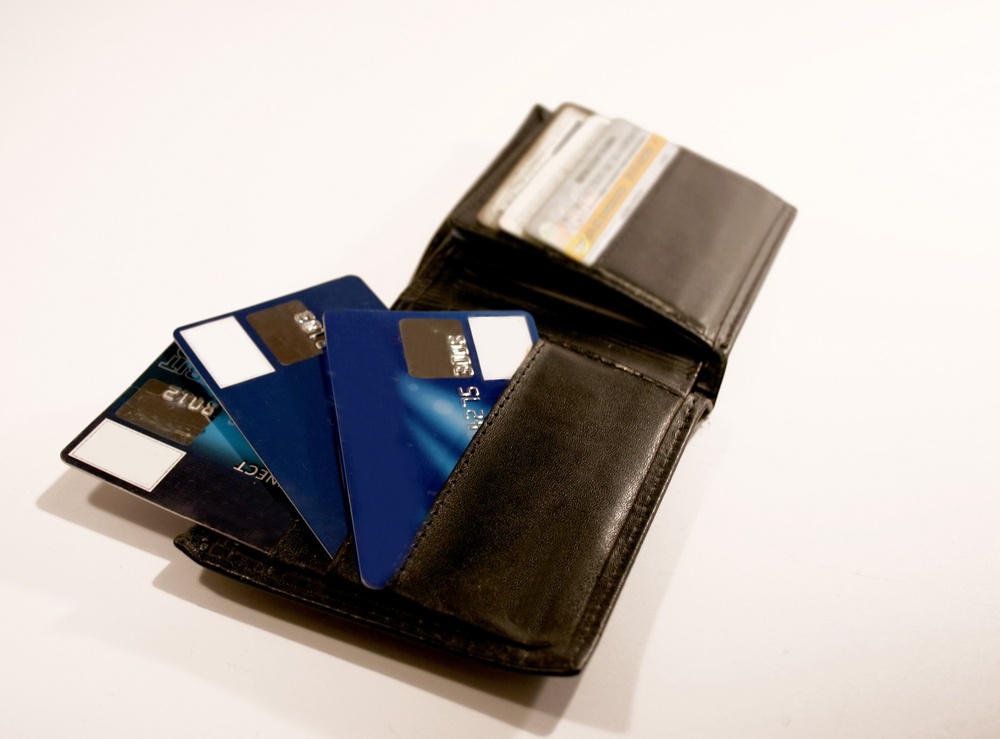The Relationship Between Credit Cards and Credit Reports
Credit reports are an important determinant of a financial future, since the financial credibility of a person is often determined by their credit...
4 min read
 Kamel LoveJoy
:
Jul 22, 2025 5:00:00 AM
Kamel LoveJoy
:
Jul 22, 2025 5:00:00 AM

Back in the late ’70s, when Abuela Carmela first arrived in Texas without the residency papers banks demanded, she tucked every hard‑earned dollar into a coffee can under the sink—her own “family vault.” That cash‑only habit followed the family north to Minnesota—great for dodging fees, but not so helpful now that her granddaughter Andrea needs an auto loan and a lease approval in Rochester.
Andrea wants simple things: a reliable used Corolla, a Downtown studio, and maybe—someday—a café that serves Abuela’s alfajores. All those dreams require good credit, a three‑digit trust score lenders check before handing over keys or contracts. So Andrea trudges through a slushy sidewalk and pushes open the doors at First Alliance Credit Union, determined to learn how to use a credit card to build credit without derailing her tight budget.
Chelsea, a friendly Member Advisor, greets her with hot cocoa and a promise: “We show up, listen to your story, and provide possibilities.” Here’s the simple, budget‑minded plan they put together—one you can follow, too.

What does it mean to “build credit,” and why is it important?
Building credit is just proving you can borrow money and pay it back on time. The higher your score, the lower your future borrowing costs—think smaller deposits for utilities, sweeter car‑loan terms, and fewer rental headaches.
How can a credit card help improve my score?
Every swipe that’s paid on time reports to Equifax, Experian, and TransUnion. Payment history makes up 35 percent of your score, so steady on‑time payments send your number climbing.
Is it okay to carry a balance?
Chelsea’s quick answer: “Not if you can avoid it.” Interest gobbles grocery money. Pay your balance in full; treat the card like a debit purchase you settle monthly.

Andrea’s first tool isn’t a flashy rewards card—it’s a secured credit card: she puts down a $300 refundable deposit, and that becomes her limit. Approval odds are high, risk is low, and fees are minimal.
Should I start with secured or unsecured?
If you’re brand‑new to credit—or rebuilding—secured is easier to get and reports to all three bureaus. After six to twelve months of spotless history, most folks can graduate to an unsecured card and get that deposit back.
How many cards should I open while building credit?
One is plenty. Too many applications trigger hard inquiries that ding your score. Give your first card room to work before adding another.
Credit utilization—what is it?
It’s your balance divided by your limit. Staying below 30 percent is good; under 10 percent is gold. On Andrea’s $300 limit, that means keeping her balance under $30 most of the month.
Press play for Nate’s quick tips on using credit cards vs. debit cards.
Use the card for predictable bills only. Andrea charges her RPT Fare and Spotify—expenses already in her budget.
Pay in full, early. She schedules automatic payments five days before the due date so she never trips over a late‑payment fee.
Keep utilization tiny. Small charges + full payoff = a utilization ratio lenders love.
Monitor progress for free. First Alliance’s credit‑monitoring tool pings her monthly score updates and flags any errors she can dispute.
Increase limits responsibly. At the six‑month mark, Chelsea helps Andrea request a higher limit. Even if spending stays the same, a bigger limit drops utilization and bumps the score.
Paying only the minimum. Interest piles up faster than snow.
Maxing out the limit. A $299 balance on a $300 card screams “credit stress” to scoring models.
Relying on cash advances. Fees + high APR = debt trap. Build a mini emergency fund instead.
Opening multiple cards at once. Each hard inquiry clips points off your score; space new applications six months apart.
Skipping the fine print. Penalty APRs or annual fees hide in tiny text—read once, avoid forever.

Months 1‑3 – Plant the Seed
Put one fixed bill on your secured card and pay it off the moment the statement hits. Those quick, clean payments lay perfect roots in your credit history.
Months 4‑6 – Show Control
Keep spending below 10 % of your limit. Low balances signal discipline, and bureaus reward you with a fast score uptick.
Months 7‑9 – Widen the Lane
Ask for a limit boost or upgrade to an unsecured card. Your utilization ratio shrinks overnight, and your deposit comes back to you.
Months 10‑12 – Add Variety
Open one small new line—like a rent‑reporting service or tiny personal loan. A mixed credit profile gives you the final nudge toward (and often past) 720.
Stick to the plan and a “no score” file can hit the mid‑600s within six months; many disciplined members break the 700 barrier by year two. And yes—you can recover from past late payments or low scores. Fresh on‑time streaks carry more weight than old mistakes.
Twelve months later, Andrea’s munching on alfajores in her new studio, scrolling a 730 credit score on First Alliance’s free app. Her used Corolla came with a payment that fits neatly into a zero‑based budget. Best part? Abuela Carmela now brags to her knitting circle, “Mi nieta never pays interest—she pays in full every month!”
Our Mission: We show up. We listen to your story. We provide possibilities.
Our Vision: A financial oasis where everyone has access to the opportunities they deserve.
If you’re juggling rent, gas, and the occasional coffee splurge—and you’d rather keep your hard‑earned cash than hand it to creditors—follow Andrea’s playbook. One secured card, steady habits, and a dash of patience can grow the credit (and opportunities) you deserve—without wrecking your budget.

Credit reports are an important determinant of a financial future, since the financial credibility of a person is often determined by their credit...

Many businesses, no matter how big or small, sometimes face cash flow challenges. Whether it is a small business getting started or one that has been...

Building good credit may seem like a challenge, but with a few key steps, anyone can establish a solid credit foundation. Let’s take John, for...